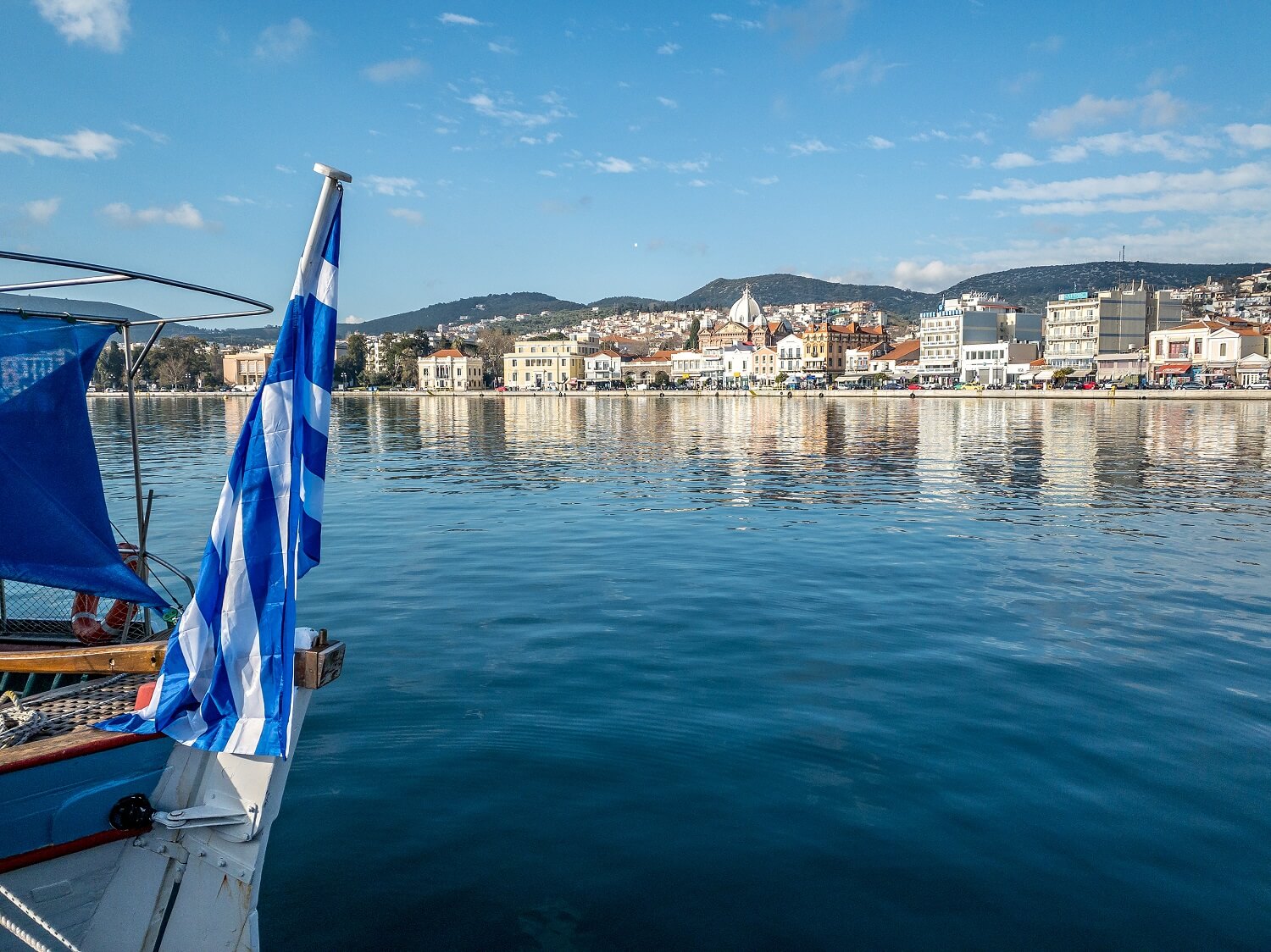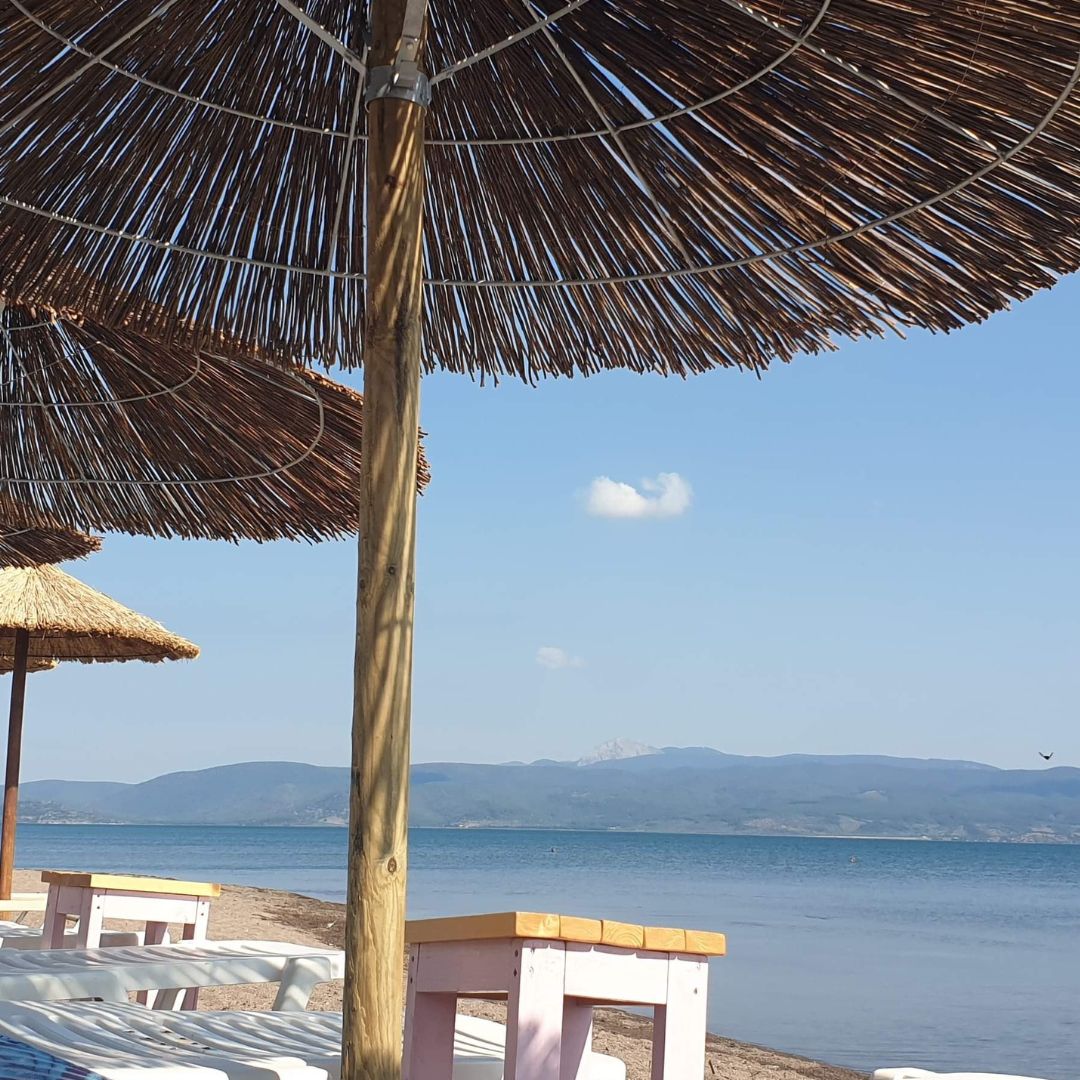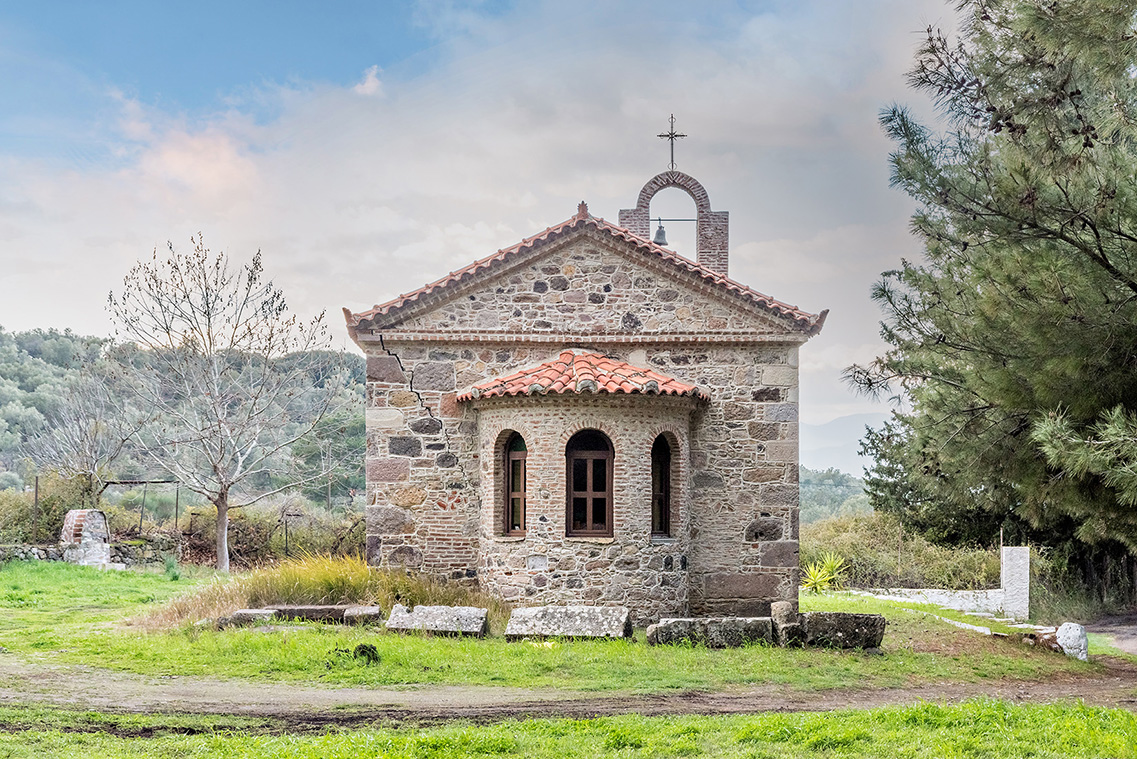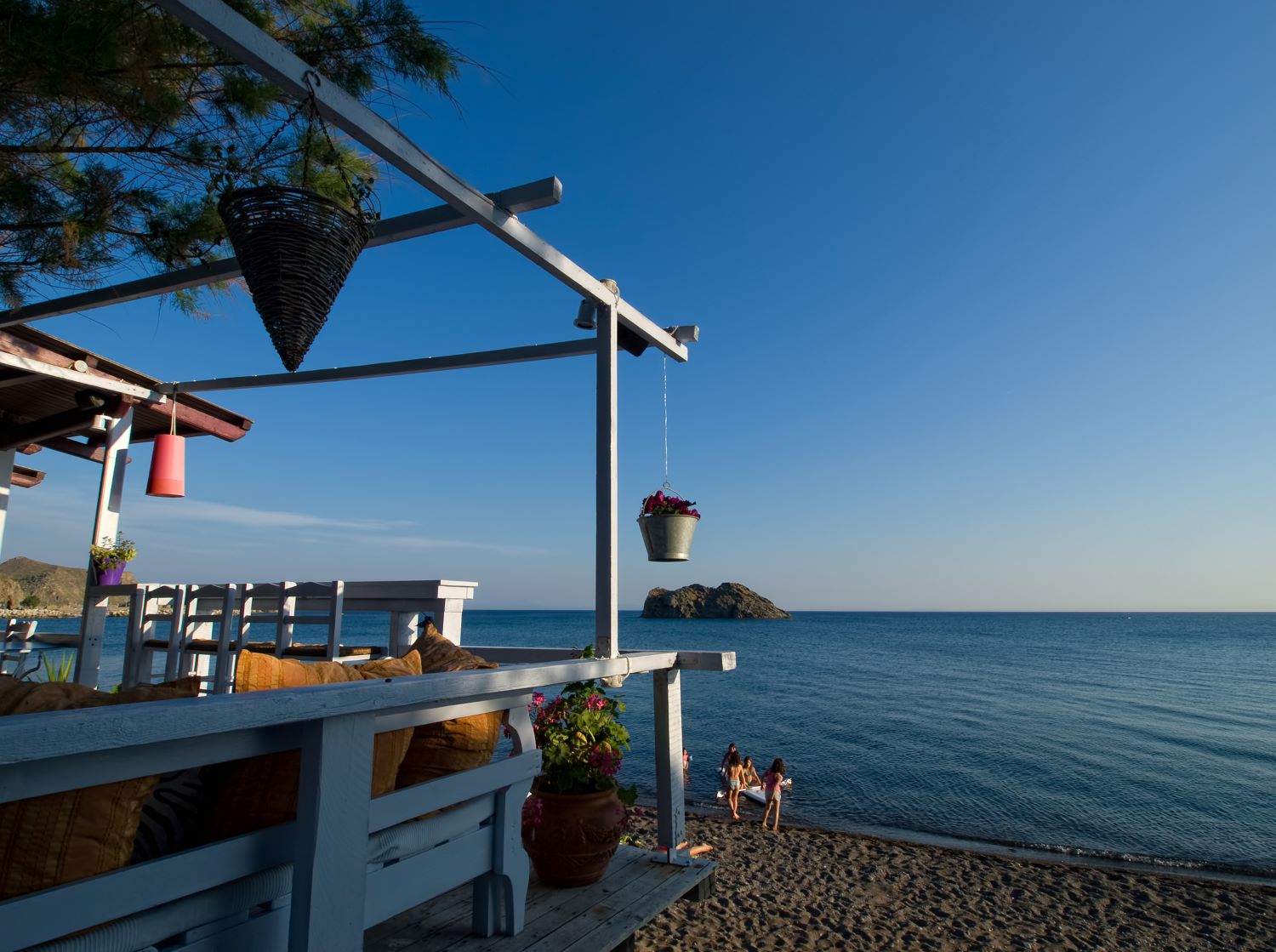How to try out the Greek language in Lesvos
We know how confusing the Greek language can be, especially when you’re asking for directions, looking for the correct road signs while driving or giving directions to a taxi driver - let alone when it’s time to order some tasty Greek food!
The Greek language is beautiful, but it to the untrained ear, it might sound full of poly-syllabic tongue-twisters that would take ages for most people to master. Real Lesvos is here to help clear up some of the confusion surrounding Greek place names, and to get you moving around Lesvos island and Greece with confidence!
Lesbos or Lesvos?
First, when you’re browsing the internet for authentic Greek holidays, you might come across Lesvos island referred to as either ‘Lesvos’ or ‘Lesbos’. While ‘Lesbos’ isn’t necessarily wrong, it is phonetically incorrect in English.
When you say ‘Lez-bos’, you’re saying it wrong. ‘Lesvos’ (or phonetically ‘Lez-vos’) is pronounced in Greek as it is pronounced in English! We imagine that the confusion lies in the fact that ‘Lesbos’ is graphically similar to the island’s name in Greek - ‘Λεσβος’ - you can probably notice the beta - ‘β’- which looks like the English ‘b’. This is pronounced as ‘v’, not ‘b’ in Greek!
Accommodation on Lesvos
After perusing the accommodation on offer on our website, you might also have noticed a lot of our properties are located in Molyvos. However, this breath-taking holiday destination bears a second name: its alias is ‘Mithymna’, which was only adopted in 1919! Its original name ‘Molyvos’ dates back to the Byzantine era, and is still commonly used by locals and visitors alike to refer to this historic place on the northern coast of Lesvos. As you might have deduced, Molyvos is ‘Molyvos’ and not ‘Molybos’ for the same reasons Lesvos is ‘Lesvos’ and not ‘Lesbos’ - you guessed it - the ‘β’ (beta).
How to Discover Lesvos
In the Discover Lesvos section of our website, you might have spotted some similarities in place-names, for example ‘Skala Eressou’ and ‘Eressos’ or ‘Skala Kalloni’ and ‘Kalloni’, and so on. Whenever you see ‘Skala’ placed in front of another town’s name, it is usually to distinguish it from the administrative centre of the town, where local people usually dwell all year round, and more importantly, to let you know it is on the sea-front…you’ll be sure to find beaches and sea-side tavernas.
As the third largest Greek island, there’s plenty of coastline to explore with everything from wide, long sandy beaches to small rocky coves and busy watersports beaches to complete isolation - a Real Lesvos holiday can offer something for everyone!
Key Greek Phrases to Master
If you’re a frequent traveller, you’ve probably experienced utter bafflement at the conversations going on 2 feet away from you; or awkwardly resorted to Google Translate when you encounter someone who doesn’t speak English.
Asking for something in any foreign language can be hard, let alone in one of the hardest languages in the world. Because of this commonly known fact, no Greek expects their visitors to speak any Greek, and they’re very impressed when they do! Let’s impress some Greeks (and make your trip a little bit easier) with a few every-day phrases:
Hello: ‘Yia-soo’
Good day: ‘Ka-li-me-ra’
Good evening: ‘Ka-li-spe-ra’
Thank you: ‘Ef-ha-ri-sto’
You’re welcome: ‘Para-ka-lo’
My name is […] : ‘Me le-ne […]’
I don’t speak Greek: ‘Then mi-la-o ellinika’
Do you speak English? : ‘Mil-at-e ang-li-ka ?’
Where is [the pharmacy] ? : ‘Poo ee-ne [to farmak-ee-o] ?’
Water: ‘Ne-ro’
Cheers: ‘Yamas’
Where is the toilet: ‘Poo ee-neh ee too-a-le-ta?’







